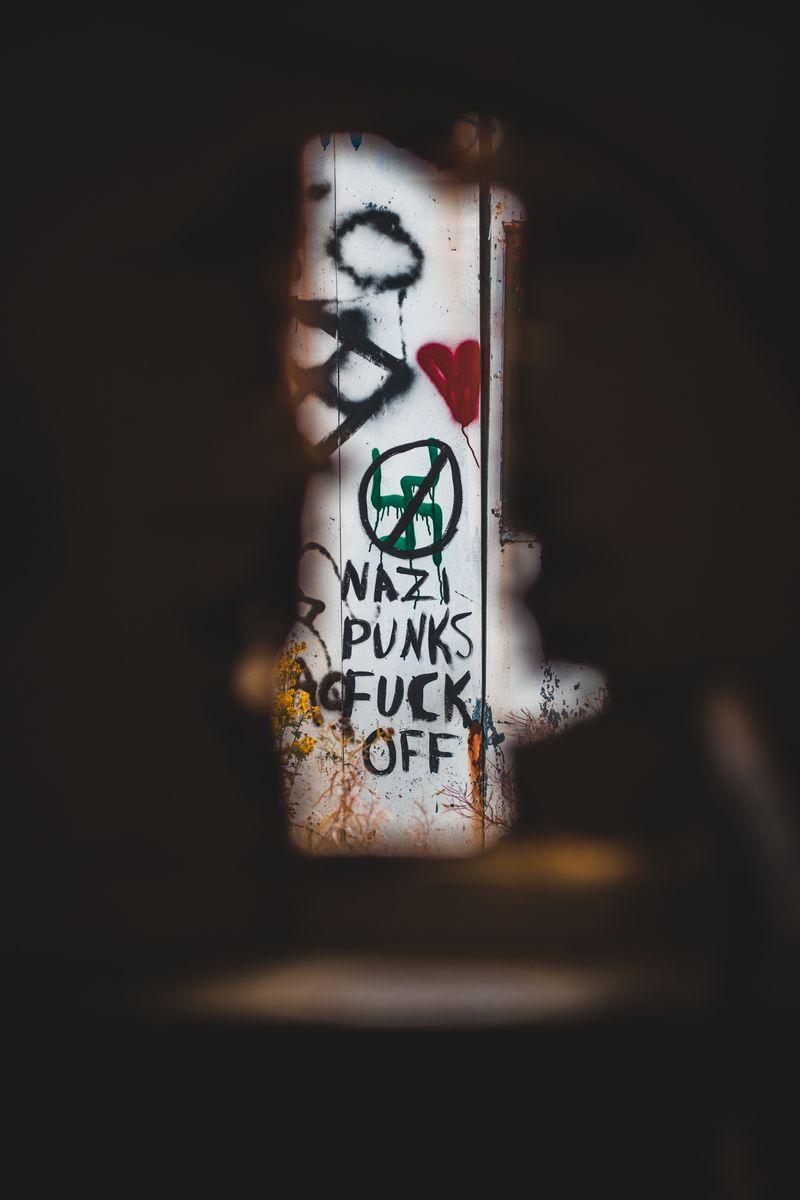Gunman Who Committed Deadliest Antisemitic Attack in US History Sentenced to Death
Introduction
In a landmark decision, a gunman who stormed a synagogue in Pittsburgh‘s Jewish community and killed 11 people has been sentenced to death. Robert Bowers, 50, was found guilty of committing the deadliest antisemitic attack in US history in 2018, where he also wounded two worshippers and five police officers. This sentencing marks the first federal death sentence imposed during President Biden’s tenure, despite his campaign pledge to end capital punishment. The decision comes after a lengthy trial, during which chilling testimony revealed the extent of Bowers’ hatred and white supremacist beliefs.
The Tragedy and Justice
On October 28, 2018, Bowers opened fire on members of three congregations gathered for Sabbath worship at the Tree of Life synagogue. He killed 11 worshippers, including a 97-year-old woman and a man with learning difficulties. Bowers’ rampage left a community in shock and mourning, highlighting the ongoing threat of antisemitism and hate crimes in the United States.
The trial brought to light the horrifying details of the attack. Jurors sat through weeks of testimony, learning about how Bowers reloaded his weapon multiple times and callously stepped over the bodies of his victims. The prosecution argued that Bowers’ actions warranted the death penalty, given the vulnerability of his elderly victims. Most of the victims’ families were in favor of this punishment, seeking justice for their loved ones.
Bowers’ Ideology and Mental State
Bowers’ defense team attempted to spare his life by emphasizing his troubled upbringing, which they claimed included trauma and neglect. They argued that severe and untreated mental illness played a significant role in his actions. Bowers’ lawyers asserted that he held delusional beliefs that Jews were contributing to a genocide of white people, and thus he felt compelled to commit the heinous act.
However, the prosecution countered that Bowers knew exactly what he was doing and deliberately targeted the synagogue due to his extremist beliefs. They maintained that his mental state did not absolve him of responsibility for his actions. Bowers, having expressed no remorse and even seeing himself as a soldier in a race war, took pride in the attack and wished he had caused more harm.
Editorial and Philosophical Discussion
The sentencing of Robert Bowers raises significant ethical and philosophical questions surrounding the death penalty. While some argue that capital punishment serves as a just response to such heinous crimes, others question its moral implications and efficacy as a deterrent. The decision to impose the death penalty should not be made lightly, as it inevitably involves taking a human life. There is always the risk of executing an innocent person, and the irreversibility of the punishment should give us pause.
The Tree of Life synagogue massacre further highlights the urgent need to address the rise of hate crimes and antisemitism in our society. It is crucial to confront and combat the ideologies that fuel such hatred, while also working towards a more inclusive and tolerant society. This tragic event serves as a reminder that individuals who harbor extremist beliefs can cause immense harm and that vigilance against the spread of hate is essential.
Conclusion and Advice
The sentencing of Robert Bowers to death for the Pittsburgh synagogue massacre serves as a significant milestone in the pursuit of justice for the victims and their families. However, it is crucial for society to continue reflecting on the complexities and ethical considerations surrounding the death penalty. The focus should also be on preventing such horrifying acts from occurring in the first place by addressing the underlying causes of radicalization and hate. Building communities that promote tolerance, inclusivity, and understanding is essential to preventing future tragedies.
As individuals, we have a responsibility to stand against hatred in all its forms. By engaging in open dialogue, challenging prejudice, and supporting communities affected by hate crimes, we can work towards a more harmonious and accepting society. It is through collective effort that we can strive to prevent tragedies like the Tree of Life synagogue massacre and build a future free from bigotry and animosity.

<< photo by Ezgi Deliklitas >>
The image is for illustrative purposes only and does not depict the actual situation.
You might want to read !
- “The Profile of Hate: Unearthing the Twisted Mind of Robert Bowers”
- The Elusive Rapist: Unraveling the Mystery of the Alleged Master of Deception
- Revealing the Man Behind the Oxygen Mask: Nicholas Rossi’s Remarkable Journey
- Jamaica Holds Brazil to Draw and Advances: Marta’s Magic Fails to Prevail
- Battle at the San Siro: AC Milan vs Barcelona – Live Stream, TV Channel, Kick-Off Time and More
- Breaking News: Tragic Shooting Mars Auckland as World Cup Nears
- Chilling Tale of a Mother’s Deadly Actions: ‘Doomsday Mom’ Lori Vallow Receives Life Sentence
- “Cult Mom” Lori Vallow Daybell Receives Life Sentence: Examining the Dark Underworld of Fanatical Beliefs




